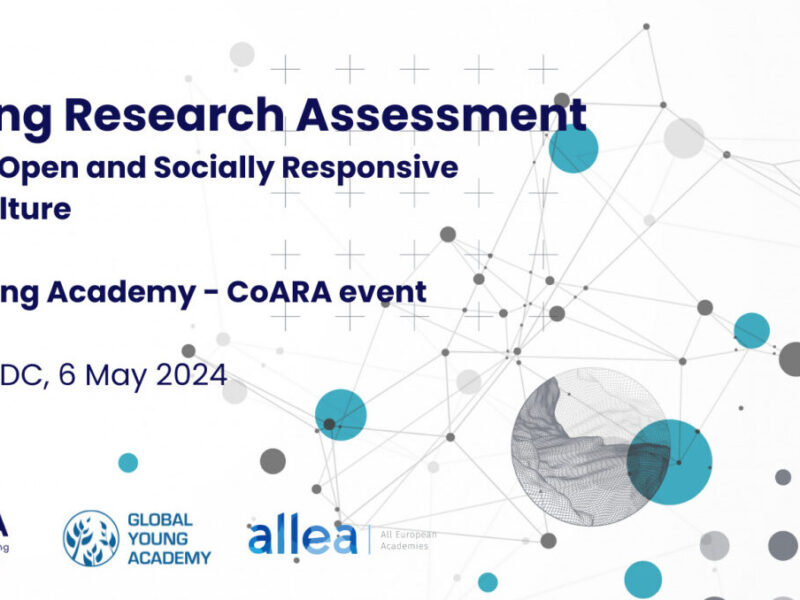
Navigating the Open Science Landscape: Where to Find Open Science Resources
Navigating the Open Science Landscape: Where to Find Open Science Resources https://opusproject.eu/wp-content/uploads/2023/08/open-access-21.png 850 532 Open and Universal Science (OPUS) Project Open and Universal Science (OPUS) Project https://opusproject.eu/wp-content/uploads/2023/08/open-access-21.pngOpen Science has ushered in a new era of collaboration, transparency, and accessibility in scientific research. The diverse range of platforms discussed in this article offers researchers, students, and enthusiasts ample opportunities to engage with open science resources. By leveraging these resources, we can collectively advance our understanding of the world and drive innovation in various fields. As the open science movement continues to gain momentum, the future promises an even more interconnected and inclusive scientific community.
- Open Access Journals
Open access journals have revolutionized the traditional publishing model by providing free and unrestricted access to scholarly articles. Platforms like PLOS ONE, Frontiers, and the Directory of Open Access Journals (DOAJ) host a wide range of research across various disciplines. These journals enable researchers to publish and access cutting-edge findings without barriers, fostering a culture of collaboration and knowledge dissemination.
- Preprint Servers
Preprint servers offer researchers a platform to share their preliminary findings with the global scientific community before undergoing formal peer review. arXiv, bioRxiv, and PsyArXiv are some notable examples. Researchers can receive valuable feedback and refine their work before official publication, accelerating the pace of scientific progress.
- Institutional Repositories
Many universities and research institutions host digital repositories that store and provide access to a wide range of research outputs, including articles, theses, and datasets. These repositories, such as DSpace and EPrints, contribute to preserving and sharing the collective knowledge generated by these institutions.
- Data Repositories
Open data repositories play a crucial role in sharing datasets that underpin research outcomes. Platforms like Zenodo, Dryad, and Figshare offer researchers the means to share, discover, and reuse data. Access to well-documented datasets promotes transparency, reproducibility, and the potential for new discoveries.
- Citizen Science Platforms
Citizen science initiatives engage the general public in scientific research, allowing individuals to contribute data and collaborate with researchers. Platforms like Zooniverse and iNaturalist enable volunteers to participate in projects across disciplines ranging from astronomy to ecology. This democratization of research enhances both scientific knowledge and public engagement.
- Open Educational Resources (OER)
Open educational resources provide freely accessible learning materials, including textbooks, lecture notes, and educational videos. Initiatives like OpenStax and MIT OpenCourseWare enable educators and learners to access high-quality educational content, fostering equitable access to knowledge.
- Open Source Software and Tools
In the digital age, software and tools are essential components of scientific research. Open source platforms like GitHub and GitLab facilitate collaboration on software development and enable researchers to share their code and tools openly. This transparency enhances reproducibility and encourages the evolution of research methods.
- Collaborative Research Platforms
Platforms such as the Open Science Framework (OSF) and LabArchives provide researchers with spaces to manage, share, and collaborate on research projects. These platforms streamline project management, data sharing, and collaboration among research teams, fostering an environment of openness and teamwork.
Headline picture: University of Washington
- Posted In:
- Open Science News




